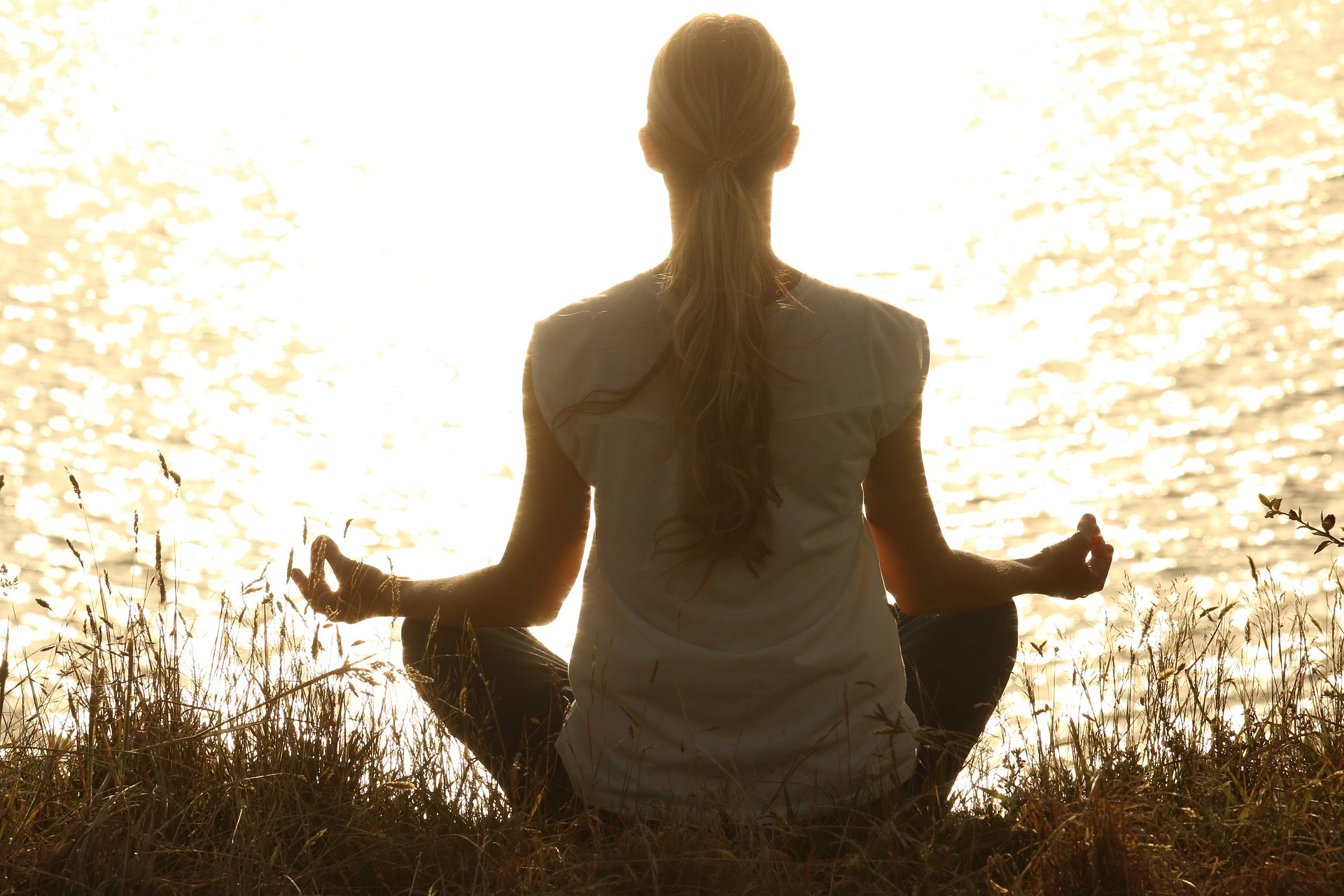Getting a good night’s sleep is essential for our overall health and wellbeing. However, for many of us, sleep can be elusive, especially when we’re feeling stressed or anxious. The good news is that there are various relaxation techniques for improved sleep that can help improve sleep quality and get you the restful, rejuvenating sleep your body needs.
- Progressive Muscle Relaxation
Progressive muscle relaxation is a technique that involves tensing and then relaxing different muscle groups to reduce physical tension and promote relaxation. To practice progressive muscle relaxation, start by tensing the muscles in your feet, holding the tension for a few seconds, and then releasing it. Move up through your body, tensing and relaxing each muscle group, until you reach the top of your head. This technique can help you release physical tension and prepare your body for sleep.
- Guided Imagery
Guided imagery is a relaxation technique that involves using your imagination to visualize peaceful and calming scenes. You can use guided imagery scripts or simply close your eyes and imagine a relaxing scene, such as a beach, a forest, or a peaceful garden. Focus on the sights, sounds, and sensations of your imagined environment, and let yourself fully immerse in the experience. This technique can help calm your mind and reduce stress and anxiety, making it easier to fall asleep.
- Deep Breathing
Deep breathing is a simple and effective relaxation technique that can help slow down your mind and calm your nervous system. To practice deep breathing, sit or lie down in a comfortable position, close your eyes, and focus on your breath. Breathe in deeply through your nose, hold the breath for a few seconds, and then exhale slowly through your mouth. Repeat this cycle for several breaths, focusing on your breath and letting go of any tension.
- Meditation
Meditation is a powerful relaxation technique that can help calm your mind and reduce stress and anxiety. There are many different forms of meditation, including mindfulness meditation, body scan meditation, and loving-kindness meditation. To practice meditation, sit or lie down in a comfortable position, close your eyes, and focus on your breath. Let go of any thoughts and simply be present in the moment. This technique can help quiet your mind and promote relaxation, making it easier to fall asleep.
- Yoga
Yoga is a form of physical and mental exercise that can help reduce stress and improve sleep quality. Gentle yoga poses, such as child’s pose, downward-facing dog, and happy baby, can help relax your muscles and calm your mind, making it easier to fall asleep. Incorporating a few gentle yoga poses into your bedtime routine can help prepare your body and mind for sleep.
In conclusion, relaxation techniques can be an effective way to improve sleep quality and get the restful, rejuvenating sleep your body needs. Incorporating techniques like progressive muscle relaxation, guided imagery, deep breathing, meditation, and yoga into your bedtime routine can help reduce stress and anxiety, calm your mind, and prepare your body for sleep. Experiment with different techniques to find what works best for you, and make relaxation a part of your daily routine for better sleep.
